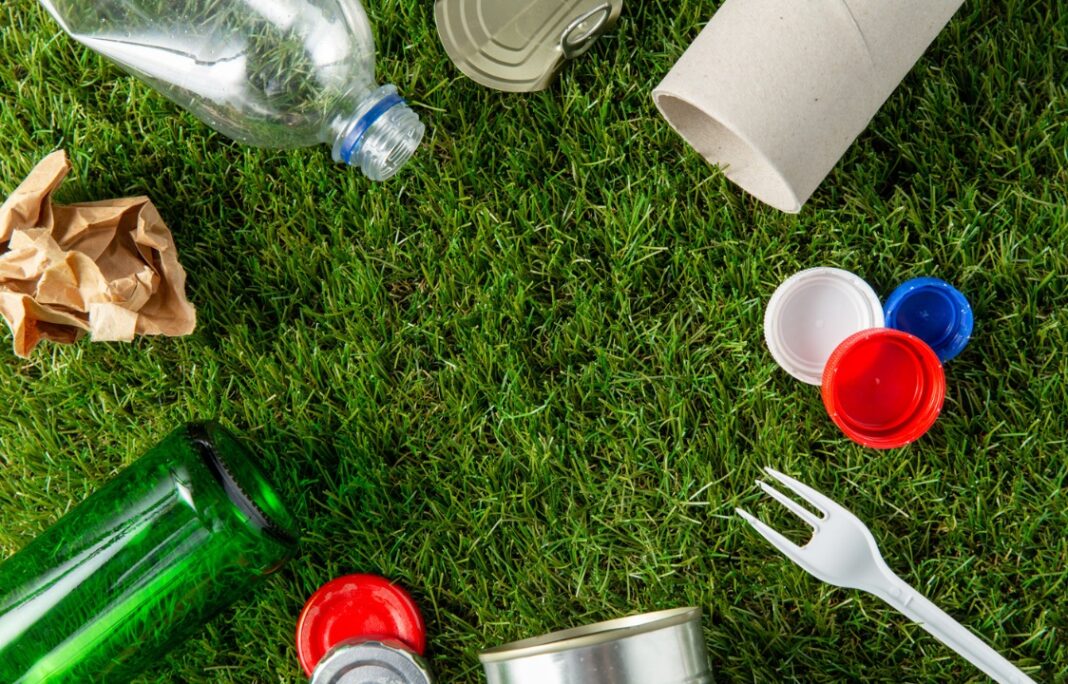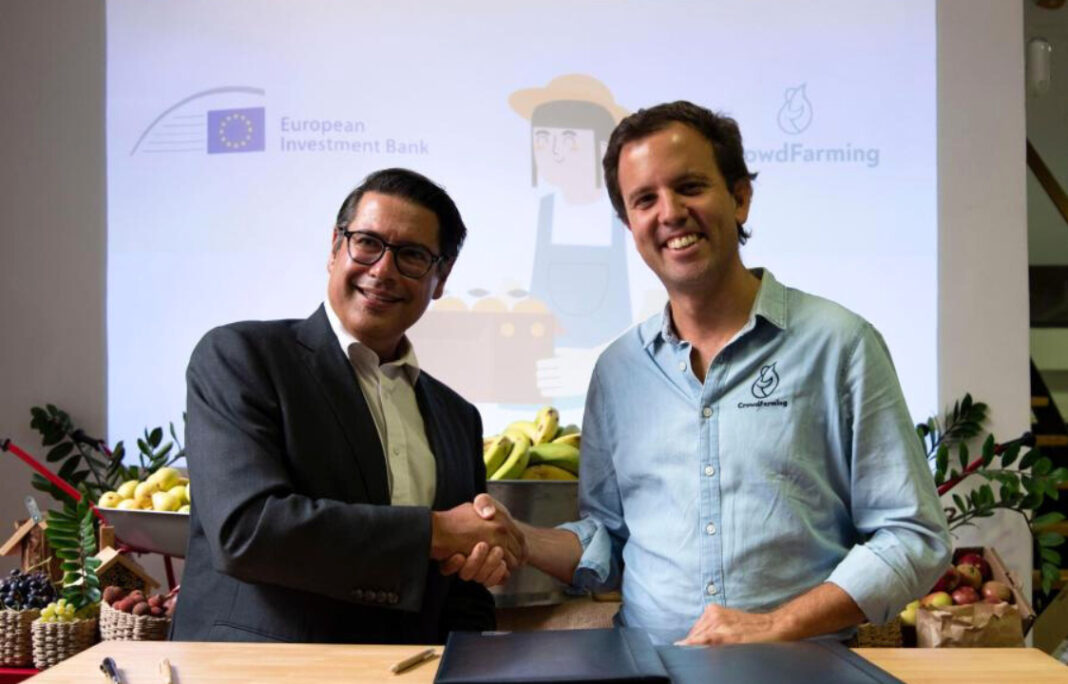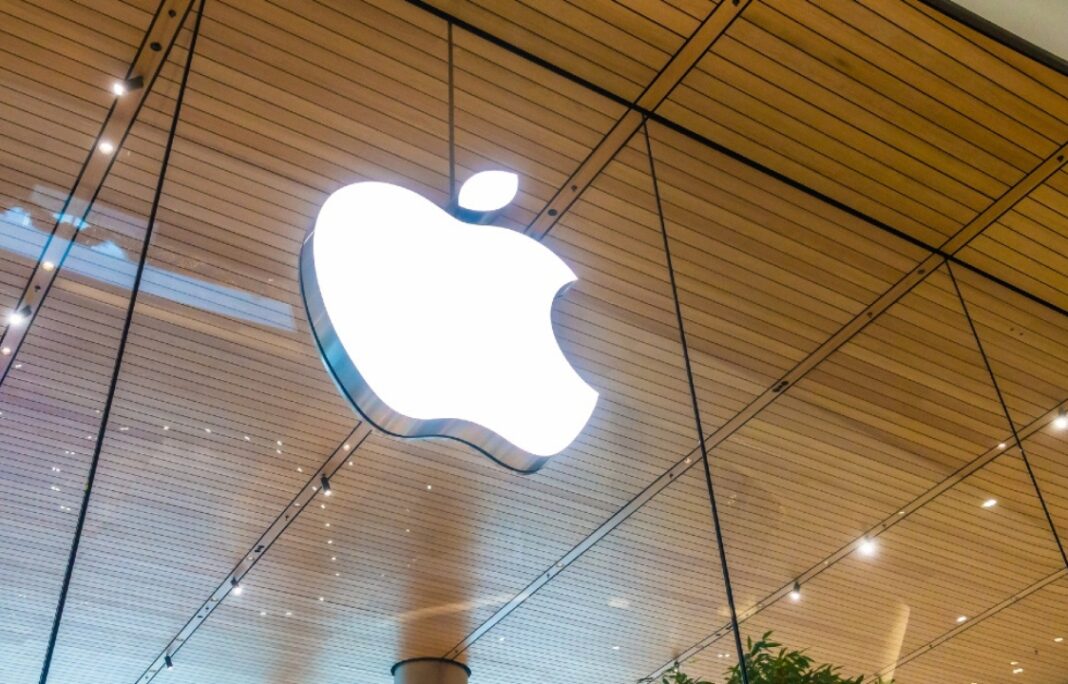Tel Aviv-based UBQ Materials, a climate tech developer of advanced materials made from waste, announced that it has secured $70M (approximately €65.74M) in a fresh round of funding.
The investment was led by Eden Global Partners. The round also saw participation from existing investors, including TPG Rise Climate, TPG’s Rise Fund, Battery Ventures, and M&G’s Catalyst strategy.
David Dwek, CEO of Eden Global Partners says, “We have long admired what the team at UBQ has built and are firm believers in the potential of the company’s groundbreaking waste conversion technology.”
“At Eden, we partner with visionary companies working to shape a better future for their industries and our world, and UBQ is a pioneer in its space with the power to redefine global sustainability at scale.”
“We believe the market opportunity for UBQ’s materials is enormous and look forward to supporting UBQ’s world-class management team as they continue to grow the business,” adds Dwek.
Transforming household waste into a climate-positive material
The global production of municipal solid waste (MSW) is projected to reach over 3 billion tons annually by 2050, contributing significantly to climate change. Landfills, a major issue in waste management, release methane, a potent greenhouse gas. Incineration also emits CO2.
This is where UBQ Materials’ sustainable alternative UBQ comes into play. Founded in 2012 by Albert Douer, Jack (Tato) Bigio and Rany Lev, UBQ Materials converts non-recyclable household waste into a climate-positive material, replacing the use of finite resources.
Through UBQ, the company converts residual household waste, including organics, diverted from landfills or incineration into a climate-positive, highly recyclable material. UBQ acts as a sustainable substitute for traditional plastics, promoting resource conservation, diverting waste from landfills and incinerators, and reducing emissions.
UBQ has already been adopted by major industry brands for various products, including car parts, footwear, pallets, display stands, panels, and planters. Its customers include Mercedes-Benz, PepsiCo, and McDonald’s.
The company is a certified B Corp and is expanding globally to provide a climate-positive solution to major businesses and consumers, contributing to the transition towards a circular economy.
Jack (Tato) Bigio says, “UBQ has pioneered a fully sustainable resource, pivotal for existing manufacturing industries across endless applications. Beyond major brands adopting UBQ, our compounding partners have become integral to our ecosystem allowing us to further expand our ‘Made with UBQ’ applications and international footprint, driving a true circular economy.”
UBQ Materials is actively investing in research and development to create new product lines that meet the functional and performance needs of various industries, including building and construction, consumer durables, automotive, and logistics and supply chain.
Capital utilisation
UBQ Materials says it will use the funds for its global expansion and the scaling up of its commercial, sales, and marketing efforts.
The company plans to open additional facilities in Europe and North America and is set to launch an industrial-scale facility in the Netherlands with an annual production capacity of 80,000 tons of UBQ, converting 104,600 metric tons of waste into a new raw material.
Albert Douer says, “UBQ as a sustainable material option can have a huge impact – but only with mass adoption. This means building UBQ facilities on a world-scale, which requires significant expansion and funding.”
“Adding Eden Global Partners to our heavy-hitting investor list fuels our rapid growth trajectory as we continue to invent new material solutions that will expand humanity’s ability to use waste as a raw material,” adds Douer.






